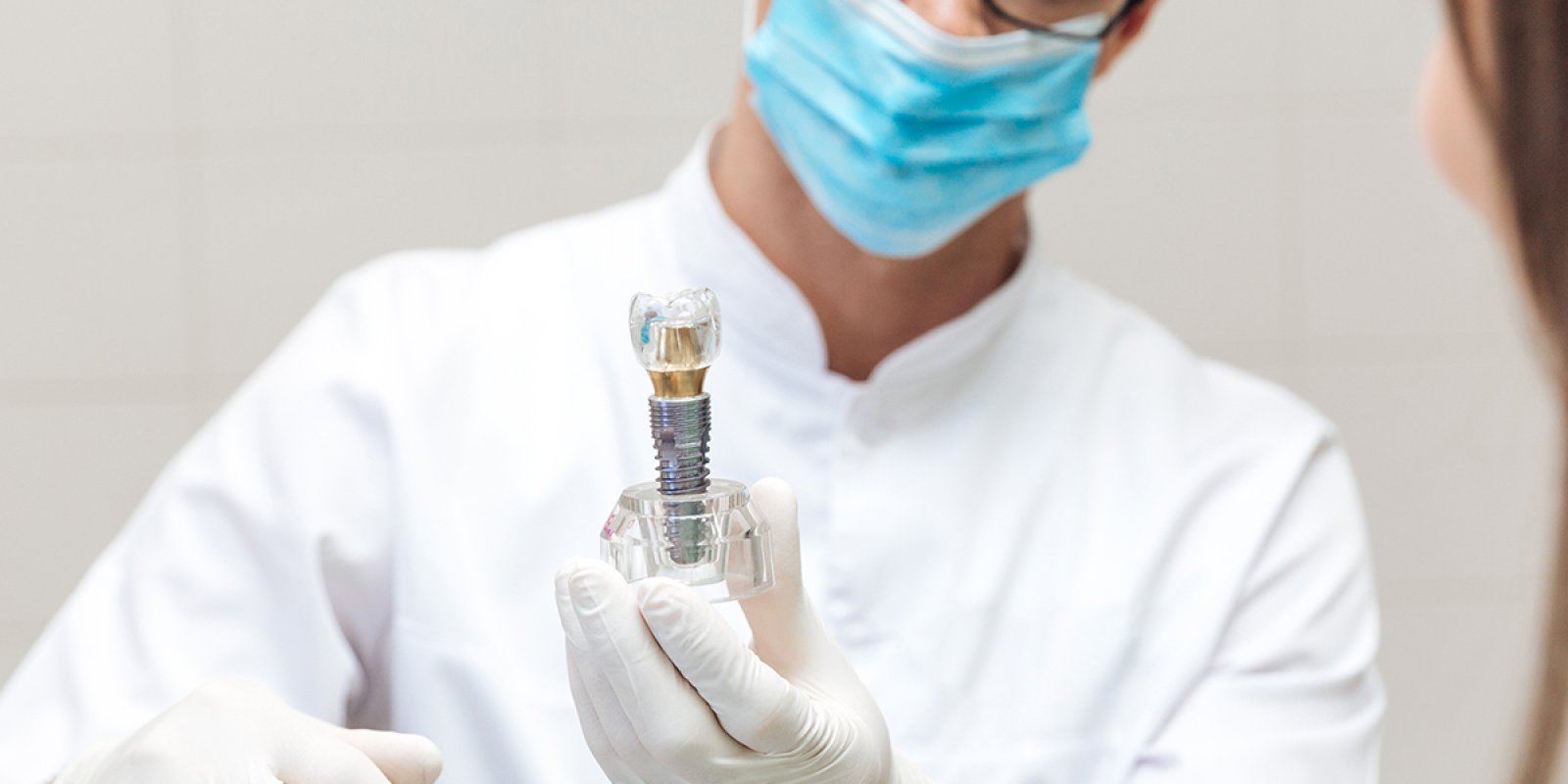DENTAID EXPERTISE
News for dentistry professionals
IMPROVING INTERPROXIMAL HYGIENE THROUGH PERSONAL MOTIVATION
29 Nov 2018

A study by DENTAID presented at EuroPerio9 has shown that it is possible to improve compliance with interproximal hygiene by means of appropriate motivation techniques.
Calvo X, De la Puente E. Educación en salud bucodental individualmente adaptada para mejorar la higiene interproximal (Oral Health Education individually designed to improve interproximal hygiene) DENTAID Research Center, Barcelona.
INTRODUCTION AND OBJECTIVE
A recent systematic review has exhaustively addressed the issue of behavioural change, and its findings set a scenario in which this change in behaviour may occur. The main elements include establishing specific objectives, planning behavioural change, and following up, either by the patient or by the professional, or both. The acronym for all these is GPS: Goal setting–Planning–Self-monitoring.
The main objective of the study carried out by DENTAID was to assess the GPS concept for compliance in the performance of interproximal hygiene, compared to classic instructions in oral hygiene, in a population sample of individuals with greater exposure to interproximal hygiene tools than the general population.
MATERIAL AND METHODS
A randomised single-blind clinical trial was conducted with a three-month interval between two visits. Periodontal evaluation was performed with probing depth (PD), plaque index (PI), gingival index (GI), bleeding index (BI) and interdental bleeding index (IBI), using Interprox® in the initial visit.
The participants were divided randomly into a test group (exposed to the GPS concept) and a control group (with basic interproximal hygiene instructions).
After three months, their periodontal status was reassessed and compliance with interproximal hygiene was measured through questionnaires. As it was a pilot study, sample size calculation was not performed. Statistical analysis of the change after three months contrasting the two groups was carried out using nonparametric tests. Compliance with interproximal hygiene was also assessed.
RESULTS AND DISCUSSION
A total of 24 participants were assessed. In the comparisons made for change, no statistical significance was found at three months, although there was a certain trend toward improvement in the test group for each periodontal parameter. These results differ somewhat from those of the Swedish study in which the GPS concept was validated.
The main reasons for this could be both the fact that it was a small sample, since this was a pilot study, and that all the participants in the control group were very motivated toward oral hygiene, as they were all employees working at the company that manufactures and markets Interprox® interproximal brushes, so compliance during the study was very high. To overcome these problems, it is proposed to increase the number of participants and also to extend the duration of the follow-up to at least one year.
CONCLUSION
A motivational technique in oral hygiene to improve interproximal hygiene based on the GPS concept over a period of three months produced a slight improvement in periodontal parameters.
RELATED ARTICLES

18 Jun 2020
PERIO·AID® BIOADHESIVE GEL IMPROVES HEALING AND RESTORATIVE EFFICACY AFTER ORAL SURGERY
A clinical trial has shown the regenerative properties of PERIO·AID® Bioadhesive gel after surgical removal of two third molars. Evaluation* of the…

10 Mar 2020
Improving clinical outcomes in patients with peri-implant mucositis through mechanical control of biofilm and accompanying mouthwash
Mechanical control of biofilm by the dental clinic practitioner, as well as by the patient, together with an adjunctive chlorhexidine and…

27 Jun 2019
ANTIBACTERIAL PREVENTION IN TITANIUM DENTAL IMPLANTS
This study will be useful for the future development of antibacterial strategies preventing incidence and progression of peri-implantitis in patients…
Sign up for the DENTAID Expertise newsletter
Sign up for the newsletter